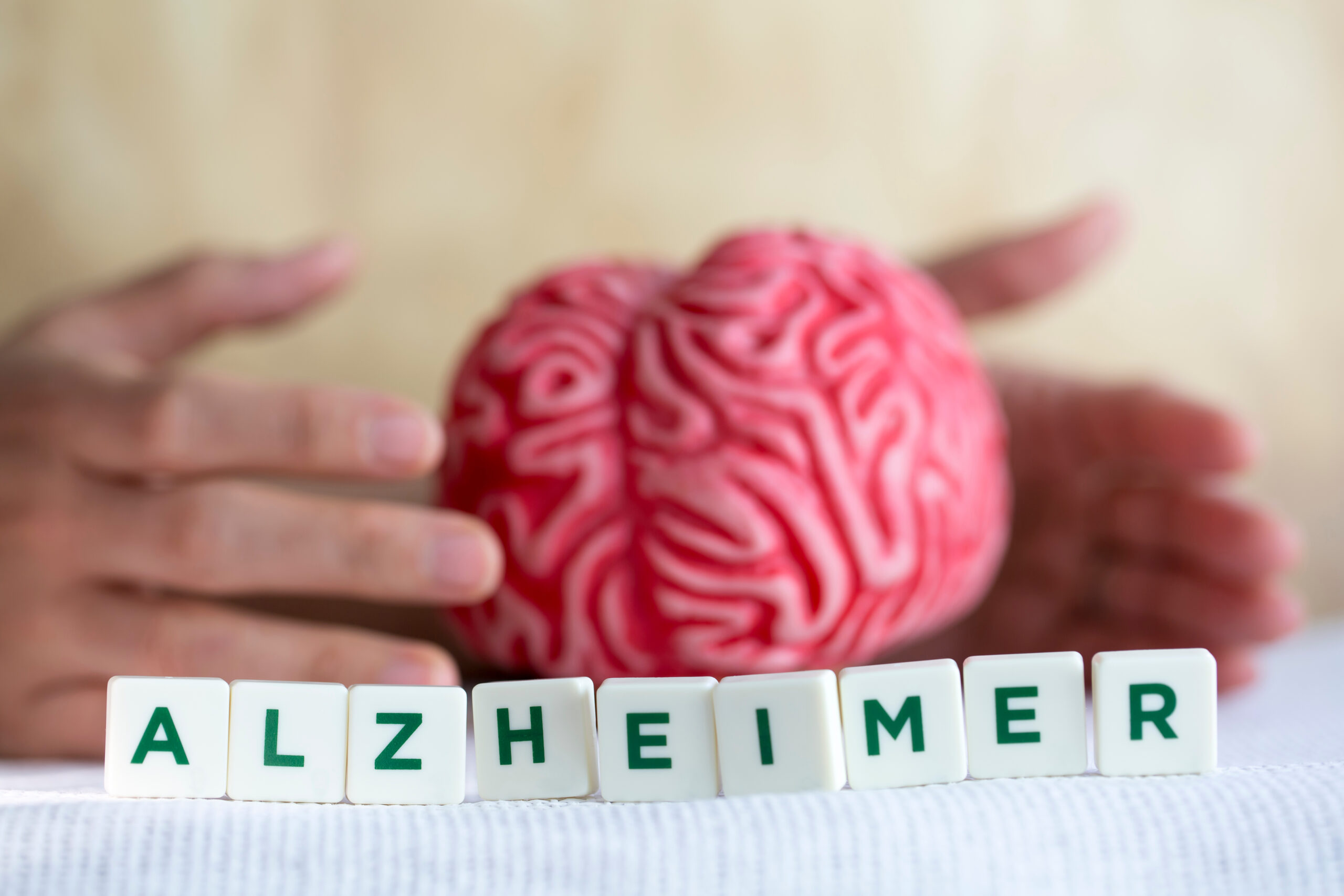The Emotional Toll of Alzheimer on Families
**The Emotional Toll of Alzheimer’s on Families**
Alzheimer’s disease is not just a medical condition; it also has a profound emotional impact on families. When a loved one is diagnosed with Alzheimer’s, it can bring a mix of emotions, from sadness and confusion to guilt and frustration. In this article, we will explore the emotional toll of Alzheimer’s on families and how they can cope with these challenges.
### The Emotional Journey
When a family member is diagnosed with Alzheimer’s, it can be a life-changing event. The initial reaction is often shock and denial. Many people think that Alzheimer’s is just a normal part of aging, but it is much more than that. The disease causes a gradual decline in cognitive function, leading to memory loss, confusion, and difficulty with daily tasks.
Lucy Parkes, whose father was diagnosed with mixed dementia, describes the emotional rollercoaster she experienced. She felt a range of emotions, from sadness to self-pity and even anger. These feelings were quickly followed by guilt, which could become overwhelming. She felt guilty for not being more patient, for not spending enough time with her father, and for not doing more to help him[1].
### The Practical and Emotional Challenges
Caring for a family member with Alzheimer’s is not just about managing the practical aspects of their care. It also involves dealing with the emotional and psychological challenges that come with the disease. Caregivers often face overwhelming demands that can lead to stress and burnout. They need to manage daily tasks like bathing, dressing, and providing personal hygiene, while also addressing the emotional needs of their loved one[2].
Caregivers play a vital role in supporting individuals with dementia. They use calming language and patient listening to ease anxieties and foster better interactions. However, this role can be incredibly demanding. Caregivers often feel a sense of helplessness as they witness the gradual decline in their loved one’s cognitive function. This can intensify their emotional burden and increase the risk of burnout[2].
### The Psychological Well-being of Caregivers
Caregivers are not immune to the emotional toll of Alzheimer’s. Studies show that caregivers frequently experience high levels of stress, depression, and anxiety. The mental and emotional well-being of caregivers is influenced by various factors, including age, gender, marital status, educational level, and social support. Married caregivers often report higher levels of anxiety due to the combined pressures of caregiving and other family responsibilities. Unmarried caregivers, on the other hand, may experience social isolation, which can further exacerbate feelings of depression and anxiety[4].
### Strategies for Coping
Coping with the emotional toll of Alzheimer’s requires a multifaceted approach. Here are some strategies that can help:
1. **Seek Support**: Connecting with support groups or counseling services can provide emotional support and help caregivers manage their stress.
2. **Establish a Routine**: Creating a consistent daily routine can help ease the anxiety and confusion that dementia patients often experience.
3. **Take Breaks**: Utilizing respite care can provide necessary breaks for caregivers, helping to mitigate stress and reduce feelings of isolation.
4. **Educate Yourself**: Learning about the disease and its progression can help caregivers understand what to expect and prepare for the challenges ahead.
5. **Maintain Social Support**: Encouraging marital and social support networks is crucial for stress management in caregiving. This can include support from family, friends, or professional caregivers.
### Conclusion
Alzheimer’s disease is not just a medical condition; it is a family affair. The emotional toll of Alzheimer’s on families is significant, but with the right support and strategies, caregivers can better manage their stress and improve their mental health outcomes. By understanding the emotional journey of caregiving and seeking help when needed, families can navigate the challenges of Alzheimer’s with greater resilience and compassion.
Remember, every moment with your loved one is precious, and cherishing those moments can make a significant difference





